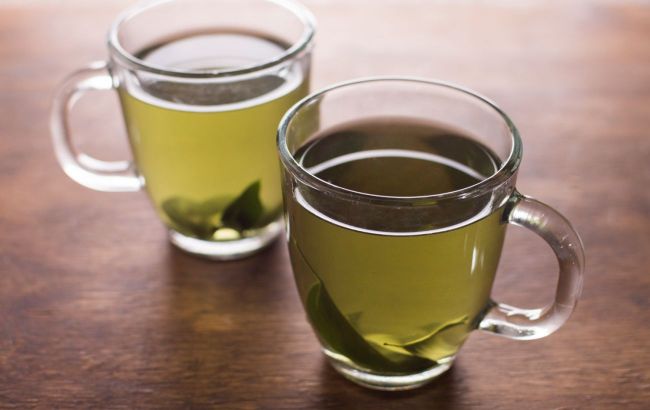Green tea warning: 5 side effects you probably didn't know about
 Side effects of drinking green tea (photo: Freepik)
Side effects of drinking green tea (photo: Freepik)
Green tea is often considered one of the healthiest drinks, but it also comes with certain risks. The drink has side effects that everyone should be aware of, reports Verywell Health.
Digestive discomfort
According to the US National Institutes of Health, green tea contains caffeine (about 22-40 mg per 240 ml cup). Excessive intake or sensitivity to it can cause nausea, stomach pain, heartburn, or diarrhea.
In high concentrations, these polyphenols can irritate the stomach lining and increase acidity, especially when consumed on an empty stomach.
Most people can safely drink green tea without experiencing any side effects. However, taking green tea extract supplements may lead to:
- Upset stomach
- Nausea
- Constipation
High blood pressure
According to the US Food and Drug Administration, green tea is safe when consumed in moderate amounts. However, since it contains caffeine, excessive consumption may cause side effects.
Consuming more than 400 milligrams of caffeine daily may lead to:
- Hypertension (high blood pressure)
- Headaches
- Anxiety
- Insomnia
Sleep problems
The journal Psychopharmacology notes that consuming large amounts of caffeine can affect sleep quality. It’s best to avoid green tea before bedtime.
Too much caffeine during the day can cause anxiety, which may also disrupt sleep.
It is recommended not to drink green tea 4-6 hours before going to bed to give your body time to eliminate most of the caffeine.
Reduced iron absorption
Green tea contains plant compounds called catechins, which have powerful antioxidant properties. While they provide several health benefits, they may also interfere with the body's ability to absorb iron from food.
As a result, this can lead to iron deficiency anemia in people with low iron levels.
Drinking green tea in small amounts or consumed between meals is generally safe.
Liver problems
The active compound epigallocatechin gallate (EGCG) in large doses can cause oxidative stress in liver cells.
Liver damage is most often associated with consuming about 800 mg of EGCG per day. That’s why regular consumption of green tea (2-3 cups a day) is safe for most people, as one cup contains only about 50–100 mg of EGCG.
People with existing liver conditions are at higher risk.
How much green tea to drink per day
Most healthy adults can safely drink green tea daily without side effects. Caffeinated beverages should be limited to 400 milligrams of caffeine per day. One cup of green tea contains about 22-40 milligrams.
You should limit tea consumption if you take medications for heart disease, high blood pressure, high cholesterol, liver conditions, anxiety, depression, or osteoporosis. This is because green tea contains compounds that may interfere with the effects of these drugs.
Earlier, we advised on what to add to your morning coffee for a protein boost that lasts all day.
This material is for informational purposes only and should not be used for medical diagnosis or self-treatment. Our goal is to provide readers with accurate information about symptoms, causes, and methods of detecting diseases. RBС-Ukraine is not responsible for any diagnoses that readers may make based on materials from the resource. We do not recommend self-treatment and advise consulting a doctor in case of any health concerns.

